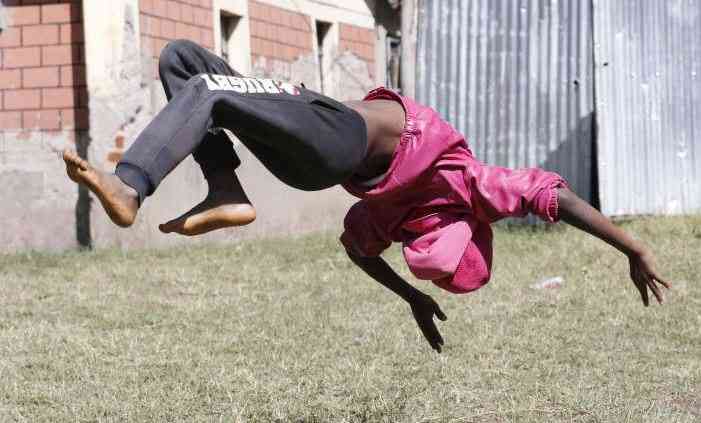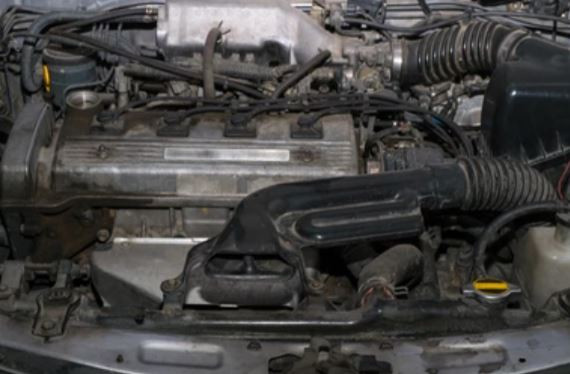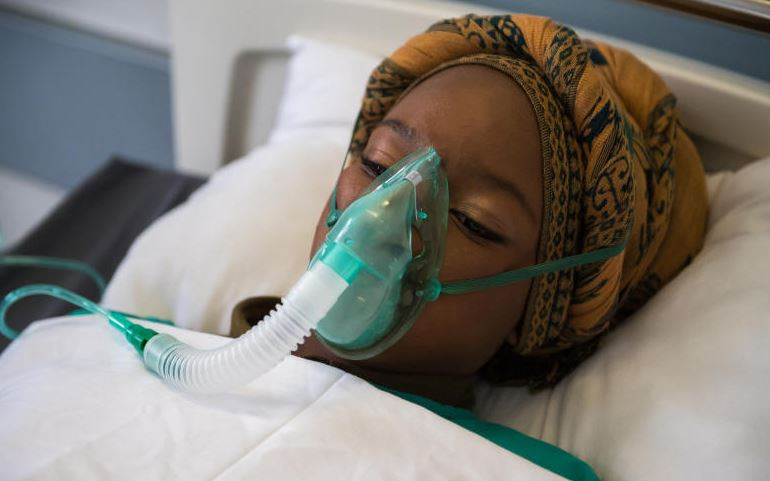
The ICU nurse called me at midday. “Daktari, we want to inform you the patient on Bed 5 has passed.” My patient Sam was gone.
It had only been a matter of time. He had firmly stated, with his wife in whispered agreement, that this time, it was to be a DNR (Do Not Resuscitate). He had been dangerously hypotensive for the last two days, triggering alarms in his room every so often as his organs shut down. He had fought his good fight.
A few weeks before he was rushed to the hospital from his home where he was receiving hospice care, we had a session with his family. He said he was ready to go, he felt tired and needed to stop feeling so helpless.
We had done all that was humanly possible to fight his illness. He had done his best to put his personal affairs in order.
His brothers and sisters thought there was still hope for healing and looked to us doctors to do more. We offered to listen to any ideas they had to offer. His wife was torn between the two. Earlier, his wife had called me aside to tell me of a strange request from her husband. “He keeps telling me to stop holding him, even when I am not near him,” she said.
In my experience, it was not ‘physical holding’. He wanted her to let go of him. Emotionally wrecking as it may be, I told her that I thought it was time for her to reassure him that their little family would be fine, that she was grateful for the great life they had lived, the wonderful memories they had created...
She needed to verbalise or acknowledge that she did not want to see him in pain anymore, the suffering needed to end …. and that it was OK to go.
- Private doctors to join strike in 7 days as church, Raila speak out
- War Memorial Hospital land dispute case postponed
- Nurses save lives of pregnant women as doctors strike bites
- 2024 Mater Heart Run that will cover ten counties launched
Keep Reading
At the end of that session, we prayed; some for healing, some for release and some, for peace.
In hospital for the last time and just before he was sedated and put on a tight rebreathing mask, he asked his wife “Can I go now?” Choking back tears, all she could do was give a thumbs-up. I believe he had been waiting for his wife to release him.
A month later, she called me to say hello and invited me to tea.
We sat and chatted about the wonderful pastries laid out before us, the relentless heat, her new puppies, the broken generator, nothing but everything. As the day drew to a close and we sipped on a glass of wine, she opened up about her new reality.
“I didn’t realise how tired I was taking care of Sam! I could have gone on doing it forever, but now that I am not doing it, I just can’t explain to anybody how fatigued I was regardless of the excellent help from you guys.
“Am I being selfish? Now that I have some time freed up, why do I feel guilty about it? The girls seem sadder than I am. Maybe I am not being supportive enough? I think I’m also running on empty…. “I haven’t let anybody touch Sam’s personal stuff, I can’t imagine seeing anybody wear his clothes. What should I do? I can’t even drive his car, I think I’ll move it to mum’s where I won’t have to see it every day when I come home.”
While I am not a grief counsellor, I felt her pain on a human level, I listened as she let loose her thoughts and questions. I promised myself to build up a data base of therapists whom I could recommend to others next time.
“What shall I do with the little ‘pharmacy’ that has built up in my house?”
Now that I could answer without much prompting. We took an inventory of the equipment that she graciously gave away, packed the medicine that would no longer be needed. I took it away for the next patient in need.
She was very particular about the storage and disposal of pain medications. In fact, her ‘little pharmacy’ had been kept under lock and key. I sensed a story there! I realized support is needed for so much longer after a death, but needs to be offered appropriately so that those left behind are able to move on.
Regardless of how much effort we put into making a transition easier for those left behind, let us keep in touch long after the transition to support and listen as they adjust to the new normal. We may have simple solutions, one at a time.
- An anaesthetist and palliative care doctor, specialising in total pain management, tells of her experiences with patients and their families
 The Standard Group Plc is a multi-media organization with investments in media platforms spanning newspaper print
operations, television, radio broadcasting, digital and online services. The Standard Group is recognized as a
leading multi-media house in Kenya with a key influence in matters of national and international interest.
The Standard Group Plc is a multi-media organization with investments in media platforms spanning newspaper print
operations, television, radio broadcasting, digital and online services. The Standard Group is recognized as a
leading multi-media house in Kenya with a key influence in matters of national and international interest.











